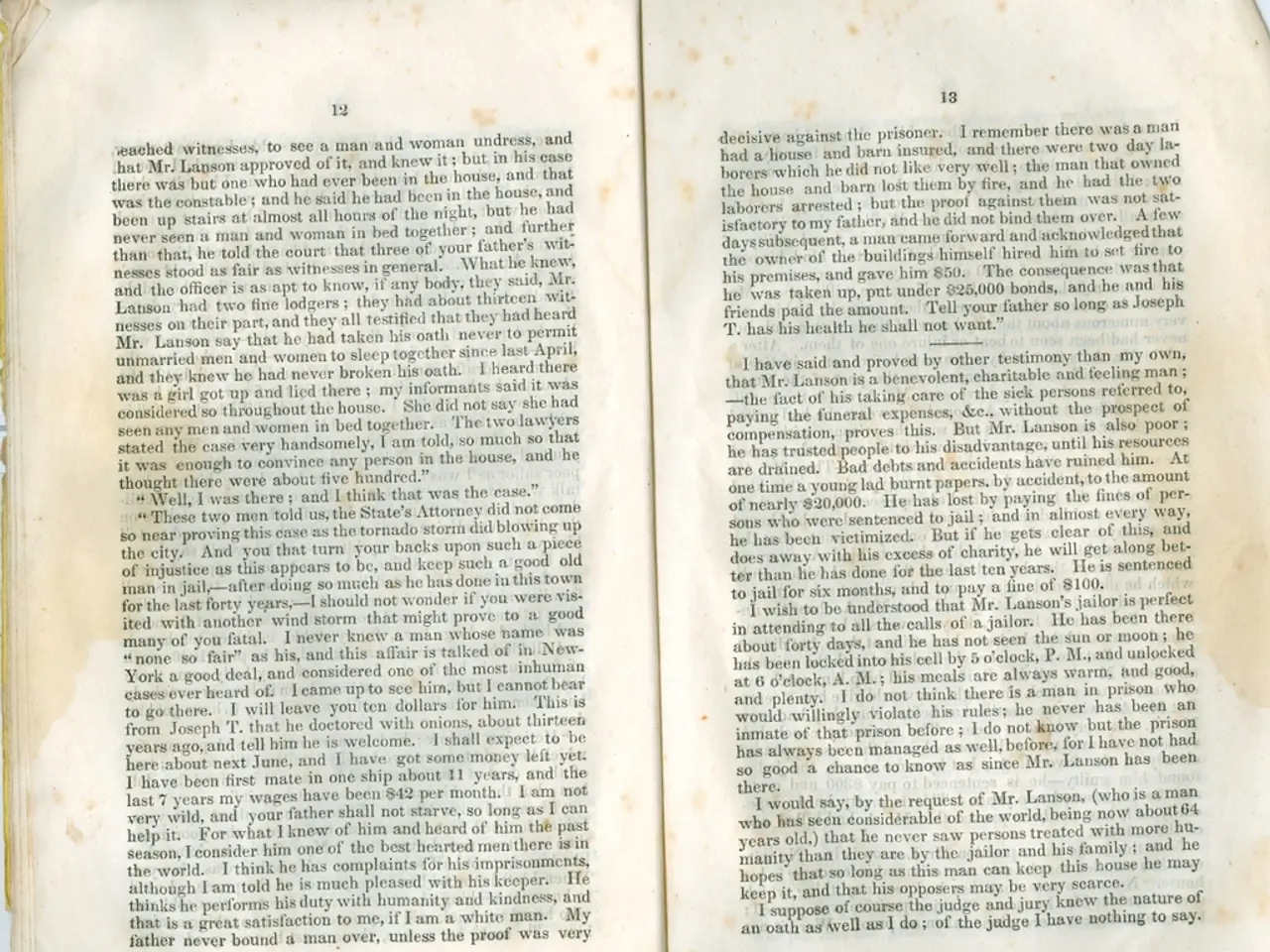Israeli authorities warned against the E1 development project, which aims to connect Ma'ale Adumim to Jerusalem.
In a recent report, the PLO's Negotiations Affairs Department has raised concerns about the E-1 settlement plan, which aims to build over 3,400 settlement units and large-scale industrial zones connecting Ma'ale Adumim with Jerusalem. The department views this plan as a serious threat to the two-state solution, as it may sever Jerusalem from the areas of Judea and Samaria.
The report includes a recommendation to halt all new construction activities in the settlements. Additionally, the department suggests preventing land confiscation, home demolitions, and forced displacement of Palestinians in Judea and Samaria. To support the resilience of Palestinian Bedouin communities, the strategy includes providing legal aid, renovating housing, and supplying water, electricity, and medical services.
The E-1 plan, if implemented, would create a contiguous Israeli settlement bloc east of Jerusalem, effectively dividing the West Bank into northern and southern parts and isolating East Jerusalem from other Palestinian areas. This fragmentation is widely seen as undermining the viability of a future independent Palestinian state and effectively eliminating the geographic foundation for two-state negotiations.
Internationally, the plan has faced widespread condemnation. The Palestinian Authority calls E-1 a "grave threat" to the two-state solution, and the United States and European countries have pressured Israel for over two decades to halt this project due to its potential to preclude the establishment of a contiguous Palestinian state. Human rights groups, Palestinian organizations, and activist groups like Peace Now and Ir Amim have formally objected to the plan, citing harm to the Palestinian urban complex and displacement of local Bedouin communities. The UN Office of the High Commissioner for Human Rights (OHCHR) also denounces the resumed construction as part of policies aimed at consolidating Israeli annexation and forcibly displacing Palestinians.
As part of the department's recommendations, a diplomatic campaign on the international stage is also proposed. This includes appealing to the permanent member states of the UN Security Council for a clear and unified warning against construction in the E-1 area. The department's report underscores the urgency of addressing this issue, as the reactivation of the E-1 settlement bloc plan represents a significant escalation in Israeli settlement expansion and raises profound concerns about the destruction of the two-state solution framework due to territorial fragmentation and displacement of Palestinians.
- The department's report, regarding the E-1 settlement plan, suggests that policy-and-legislation, such as halting new construction activities in the settlements and preventing land confiscation, home demolitions, and forced displacement of Palestinians in Judea and Samaria, are necessary to maintain the two-state solution and support the resilience of Palestinian communities.
- In the context of war-and-conflicts and general-news, the E-1 settlement plan, which aims to create a contiguous Israeli settlement bloc and effectively divide the West Bank, has faced widespread condemnation internationally, with the Palestinian Authority, human rights groups, and activist organizations viewing it as a grave threat to the two-state solution and a violation of Palestinian rights.





